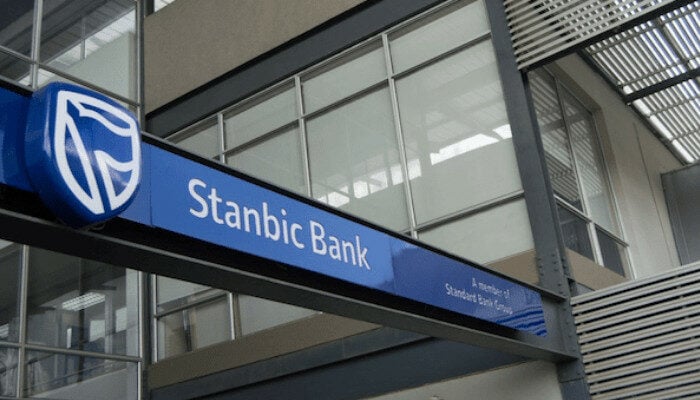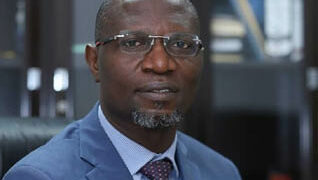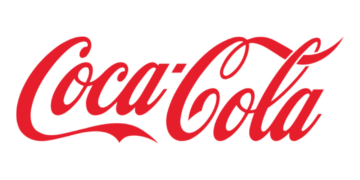Nigeria’s private sector maintained its growth trajectory in September 2025, with the Stanbic IBTC Purchasing Managers’ Index (PMI) posting above the 50.0 no-change mark for the 10th consecutive month.
Although the headline PMI dropped to 53.4 from 54.2 in August, it again pointed to a solid strengthening of business conditions and signalled a sustained improvement in the health of the Nigerian private sector.
Stanbic IBTC’s PMI report for September noted improvements in output and new orders, while the pace of job creation quickened to the fastest in almost two years.
“Companies were helped by the recent alleviation of inflationary pressures, which largely continued into September. In fact, firms’ purchase costs increased at the slowest pace in five-and-a-half years,” the report said.
It added that “new business increased markedly in September amid improvements in customer demand and the launch of new products. In line with the headline index, however, the growth rate eased to a three-month low.
“The rise in new orders fed through to a sharp expansion of business activity, with increases seen across each of the four broad sectors covered by the report.
“Higher output requirements encouraged firms to expand their operating capacity in September, with both employment and purchasing activity rising. Staffing levels increased modestly, but at the sharpest pace since October 2023.”
The report also noted that “the growth rate in input buying remained sharp and fed through to an accumulation of inventories. Respondents indicated that stocks of purchases had been raised to cater for current and future demand and facilitate new product development.
“Companies continued to see a general easing of inflationary pressures in September. Overall input prices increased at the slowest pace in two- two-and-a-half years amid weaker rises in both purchase prices and staff costs. In fact, the rate of purchase price inflation was the softest since March 2020.”
The head of Equity Research West Africa at Stanbic IBTC Bank, Muyiwa Oni, stated, “Nigeria’s business conditions ended the quarter on a strong note, although the pace of strengthening moderated relative to August.
“Specifically, the headline PMI settled at 53.4 points in September from 54.2 in August, buoyed by improvement in output and new orders, while inflationary pressures also continued to soften.”
He noted that the rate of expansion in output remained strong despite easing slightly compared to August. This was linked to improving customer demand and better material availability, which enabled the firms to boost activity.
He emphasised that “based on this, businesses were able to launch new products, thereby supporting an increase in new orders, which remained above the 50-point growth threshold for the 11th consecutive month even as the rate of growth eased to a three-month low.”





